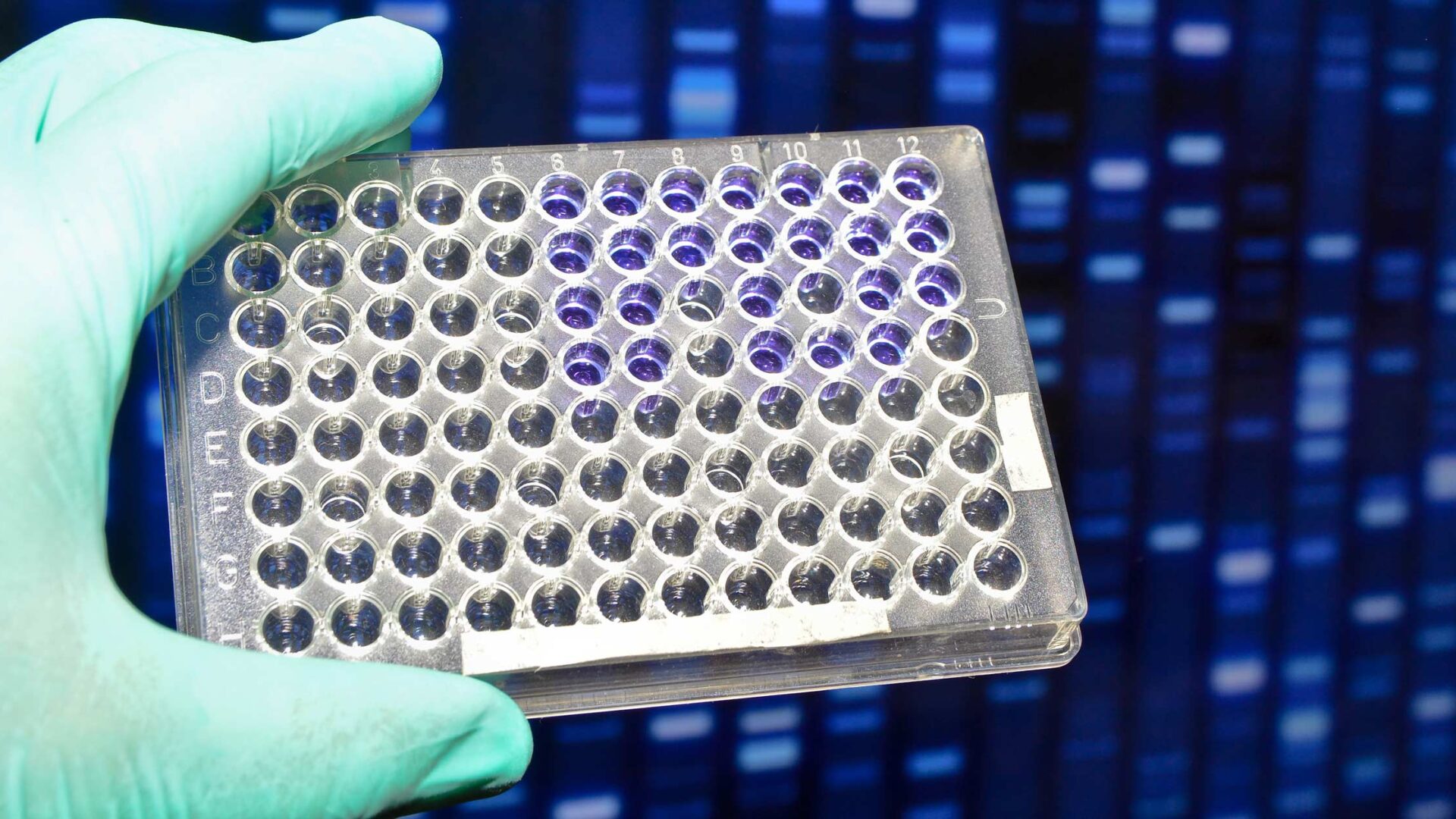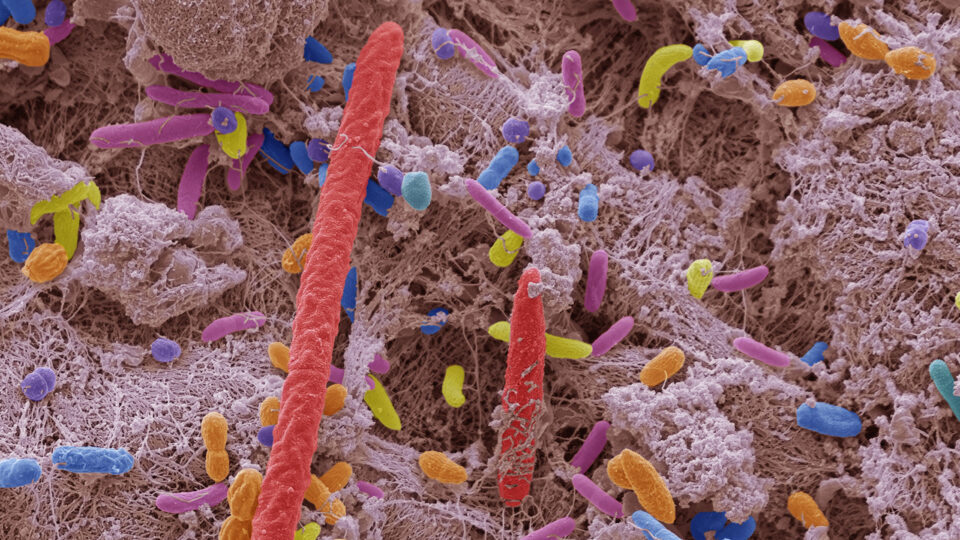The U.S. Food and Drug Administration (FDA) has given the green light to NYU Langone Health’s Genome PACT (Profiling of Actionable Cancer Targets) test—a novel sequencing tool that detects changes in hundreds of genes simultaneously. The groundbreaking technology is expected to revolutionize cancer screening over the coming decade.
PACT designer Matija Snuderl, MD, is the director of molecular pathology and diagnostics in the Department of Pathology. He works in collaboration with senior leadership at the Perlmutter Cancer Center to develop state of the art diagnostics for patients with cancer.
“Our next-generation sequencing (NGS)-based pan-cancer test rapidly analyzes multiple genes at once to help clinicians choose the right cancer-specific treatment at the right time.”
Matija Snuderl, MD
“The NYU Langone Genome PACT test detects changes in a panel of 607 genes, many of which will be important for optimizing selection of next-generation anti-cancer therapeutics in the coming years,” Snuderl says. “Our next-generation sequencing (NGS)-based pan-cancer test rapidly analyzes multiple genes at once to help clinicians choose the right cancer-specific treatment at the right time.”
Designing the Test
The test covers the most genes of any FDA-cleared NGS panel to date and matches patients with approved targeted therapies for the treatment of a variety of solid tumors. It includes genes related to compounds currently in clinical trials, or in some cases, where the evidence is strongly linked to cancers by basic science studies.
The researchers also intend to expand the panel as more target genes are identified.
In addition, the NYU Genome PACT test result includes eligibility for specific clinical trials for a given patient. The test is coupled with a unique bioinformatics system that converts complex genomic data into a report that identifies specific genes that are mutated in a tumor sample. Each report includes specific treatment recommendations for a given patient and a specific type of cancer, fully personalizing genomic medicine, Snuderl says.
“There are significant gaps in molecular testing for patients with different types of cancer, especially in the community. Future plans include expanding access to this test, making it available for patients outside of NYU. Our leadership is discussing strategies for expanded access right now.”
Development and Collaboration
In collaboration with the healthcare technology company Philips, Snuderl and his team built a cloud-based interface capable of genomic processing, interpretation, and reporting. The interface integrates with NYU Langone Health’s electronic medical records system to form an integrated knowledge database, capable of seamlessly coordinating follow-up testing.
“Our collaboration with Philips has been incredibly fruitful and productive,” says Snuderl. “The PACT test was intentionally designed to be integrated into electronic medical records, such that tests can be ordered, reviewed, and shared by a patient’s care team.”
FDA 510(k) Clearance
The NYU Langone Genome PACT test received 510(k) FDA clearance on July 15, 2021. While not required for an NGS-based test, 510(k) clearance is a stringent process for obtaining approval to market a device and is important for reimbursement from payers.
“At the end of the day, FDA clearance is the highest bar for a laboratory test, and is really the gold standard,” says Snuderl. “We are only the second academic center to get such a panel approved; the FDA clearance is a significant accomplishment.”
It is highly unusual for an academic medical center to apply for a test to be cleared by the FDA, Snuderl explained, but the NYU Langone team chose to do so to ensure that its test met the most stringent standards as it moves to the clinic.
“Receiving FDA 510(k) clearance was a highly complex process that took us over two years to obtain. I believe this will be a key differentiator for our test moving forward.”
Broad Implications
Snuderl and his team will to continue to measure the test’s impact on patient outcomes. He believes the test will have important implications for patient care, research, healthcare costs, and policy.
Currently, the PACT test is only available for use by patients of NYU Langone Health.
This work was supported by funding from the Department of Pathology at NYU Langone and Perlmutter Cancer Center, as well as by gifts from the Gray Foundation, The Holliday Foundation, Randye and Brian Kwait, Making Headway Foundation, and The Ambrose Monell Foundation.






